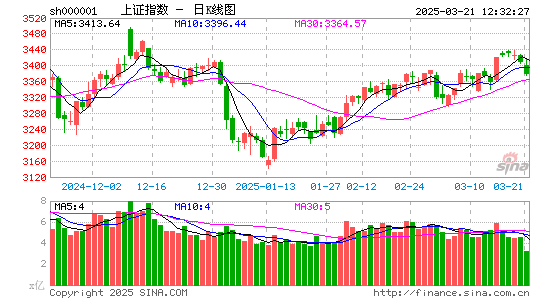How to buy and sell derivative warrants?
What is the difference between its history and extension amplitude?
Ling Feng
Derivative warrants can be operated during normal trading hours just like stocks. However, one thing to remember is that the trading must be carried out in full units, that is, one hand or 1000 derivative warrants or their multiples, and settled two days after the trading day (T+2).
So, what's the difference between the transaction costs of derivative warrants and stock trading? Like buying and selling stocks, the transaction costs of derivative warrants also include brokerage fees, transaction fees, etc. However, if derivative warrants are settled in cash, stamp duty is not paid, but stamp duty is paid for stock transactions. This is the same as the mainland warrant trading. In addition, if the derivative warrants settled in cash are "in the money" warrants on the expiration date, they will normally be automatically exercised, and the holders will receive the cash settlement amount according to the terms of the listing documents.
In addition, is the maturity date of derivative warrants the last trading day? In fact, the maturity date of derivative warrants is not equal to the last trading day. According to the regulations of the Exchange, the fourth trading day before the maturity date shall be regarded as the last trading day for derivative warrants. This should be paid great attention to by investors, because trading cannot be carried out after the last trading day. For example, a derivative warrant expires on March 23 (assuming that that day is Friday, and that this week is five days for trading), and the last trading day of the warrant is March 19 (Monday). If investors go to buy and sell on March 20, it will be late.
As for the difference between the history of derivative warrants and the extended volatility, the volatility is the annual statistical data measuring the price change of related assets. The greater the price change, the greater the volatility. The extended amplitude is the volatility value obtained by substituting the warrant price in the market into the warrant pricing formula (such as Black Scholes formula). The extended volatility can be understood as the market's expectation of the positive stock volatility in the future duration. The extension amplitude sensitivity refers to the percentage of warrant price change when the extension amplitude changes by 1%. As the extension amplitude increases, the price of warrants (whether called or put) will rise even if the price of the underlying shares remains unchanged. Therefore, the amplitude sensitivity of extension wave is always positive. In addition, the implied amplitude sensitivity changes with the change of the positive stock price and the residual maturity. The more the warrants move out of the price, the less the residual maturity, and the higher the sensitivity of the extended amplitude.
Historical volatility is a measure of price changes over time. The extended amplitude is calculated from the current price of the derivative warrants using a set of theoretical pricing procedures, reflecting the price changes of the relevant asset prices within the remaining validity period of the derivative warrants.
Sina statement: The content of this article is purely the author's personal view, only for investors' reference, and does not constitute investment advice. Investors operate accordingly at their own risk.
